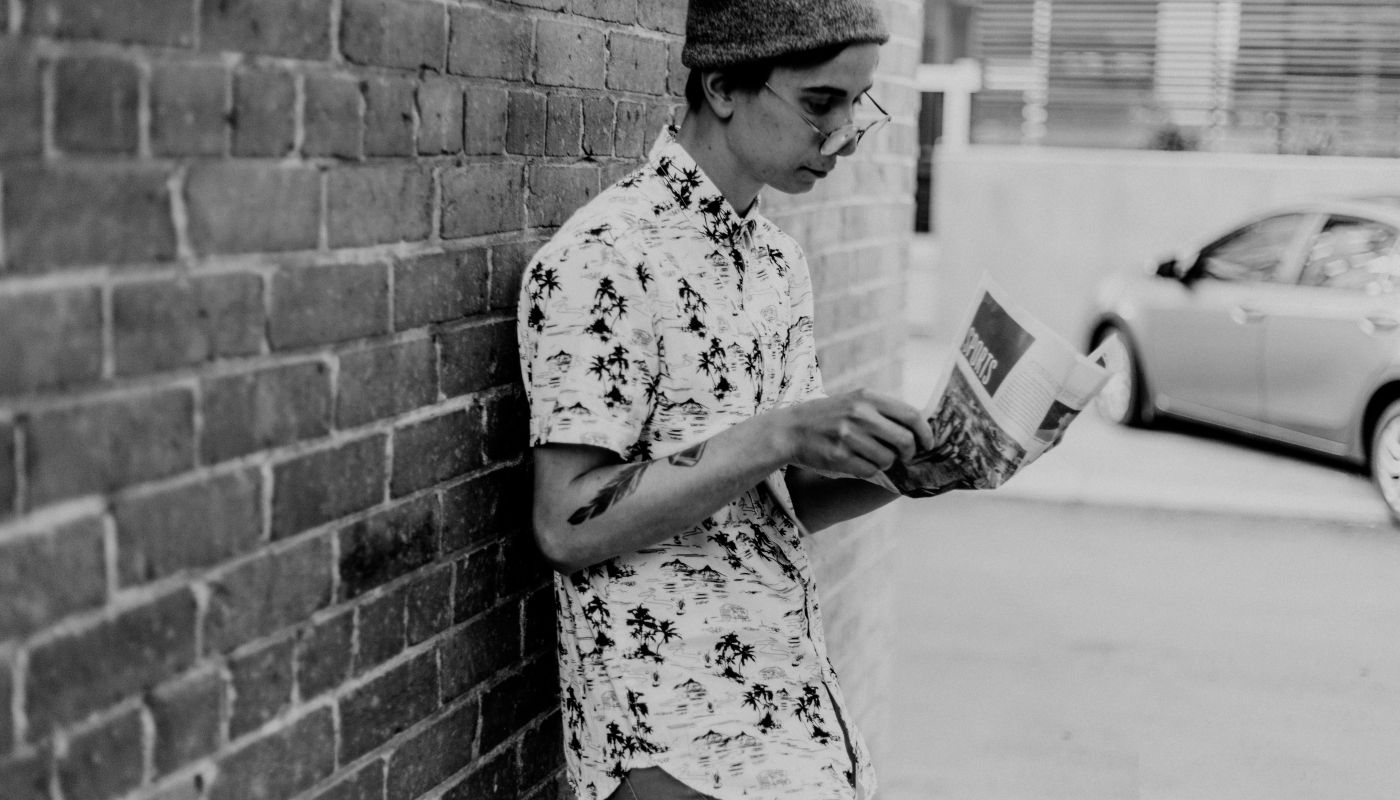How can universities work towards a more sustainable and fair world? This was the topic of a workshop for PhD researchers at the University of Tromsø.
By Jakob Grandin, UiB, and Turid Austin Wæhler, UiT
Providing knowledge and know-how about sustainability, develop networks across disciplines and sectors and reducing waste and CO2 emissions are all examples of initiatives where the universities can make a difference in terms of sustainability.
Universities are in a position to engage research and higher education – and to mobilize partnerships with communities, politicians, NGOs, and the business sector – in a collective effort to take responsibility in terms of sustainability. As major societal actors, usually accommodating many thousand students and employees, universities can also make a difference just by implementing simple measures in waste reduction and CO2 emissions.
A global framework for addressing sustainability is the Sustainable Development Goals (SDGs) launched by the UN in 2015. Working to achieve the SGDs means working for a more sustainable and fair world. But how can the universities best work to reach the SDGs?
An agenda for sustainable development
The Sustainable Development Goals (SDGs) are a UN initiative set up to achieve a more sustainable world. The 17 goals cover social and economic development issues including poverty, hunger, health, education, climate change, gender equality, water, sanitation, energy, urbanisation, environment and social justice.
The SDGs are to a large degree interdependent on each other, meaning that in order to achieve one goal, other goals must be dealt with simultaneously. Hence, interdisciplinary is a key word when talking about sustainability.
Bringing together PhD researchers to work on global issues
Interdisciplinary was on the agenda also during a workshop for PhD researchers at UiT The Arctic University of Tromsø recently. In the workshop, PhD researchers from various fields at UiT – including health, law, mathematics, social sciences, biology, philosophy, and pedagogics – gathered to discuss sustainability. The aim of the workshop was to create a platform where PhD students from different parts of UiT working on global issues could meet. How UiT can contribute to the SDGs and how the PhD students can relate own research to the SDGs were the questions that guided the discussion.
The workshop was a collaboration between the Norwegian Research School of Global Health and Centre for Arctic and Global Health at UiT . The initiative to organize the workshop emerged from a recurrent need to discuss various topics related to global health in interdisciplinary fora. Global health is a field of study that is based on interdisciplinary and cross-sectorial collaboration in a public health perspective. Gathering PhD students from various disciplines to discuss issues related to sustainability is a useful way to increase interdisciplinary collaboration at UiT, both in a global health setting and beyond.
Visions and concrete initiatives
During four hours, the PhD researchers discussed why and how universities can play a significant role in sustainability questions. Both ideas for concrete initiatives and visions for the longer term were put forward in the conversations. Creating – or rather expanding – a sustainability network at UiT and beyond, encourage the university to reduce plastic waste and organize more workshops or symposia on sustainability were recommendations that may be implemented in a shorter timeframe. Creating a faculty for interdisciplinary research and to develop courses across faculties were among the more extensive suggestions.
An interdisciplinary sustainability forum
The workshop showed that there are multiple ways in which the university can engage in the SDGs. The participants did not know each other before the workshop but are now continuing their conversations through the Interdisciplinary PhD Forum for Sustainability. The network will make efforts to join forces with other initiatives at UiT and nationally and will follow up several of the ideas that emerged during the workshop. Stay tuned for more sustainability action!

